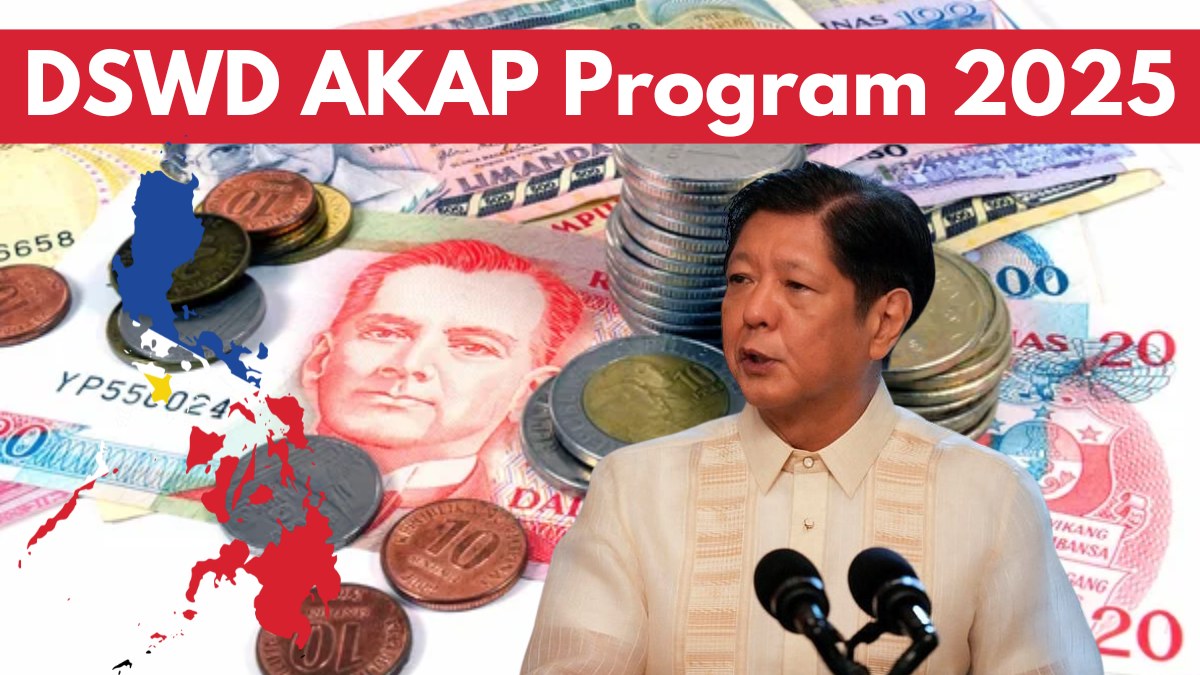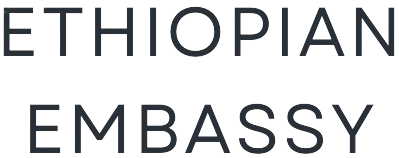The Department of Social Welfare and Development (DSWD) has made significant strides in supporting economically vulnerable families in the Philippines. One of its most impactful initiatives, the Ayuda para sa Kapos ang Kita Program (AKAP), has provided much-needed financial relief to millions of Filipinos. In 2025, the program is set to expand further, reinforcing the government’s commitment to social welfare and economic resilience.

Overview of the DSWD AKAP Program
The Ayuda para sa Kapos ang Kita Program (AKAP), spearheaded by the Department of Social Welfare and Development (DSWD), stands as a beacon of hope for near-poor households in the Philippines. Initially launched in 2024, the program successfully provided financial assistance to nearly 5 million beneficiaries, significantly alleviating financial hardships.
With an allocated budget of PHP26.7 billion, the initiative efficiently disbursed PHP26.157 billion, reflecting an impressive 99.31% budget utilization rate. Several regions, including Cagayan Valley (Region 2), Davao Region (Region 11), and Caraga (Region 13), achieved 100% fund utilization, demonstrating exceptional efficiency in fund distribution.
The primary goal of AKAP is to support near-poor families struggling with daily expenses, particularly those not covered by existing government aid programs. This initiative reflects the Marcos administration’s strong commitment to strengthening social protection programs and ensuring financial security for vulnerable communities.
Key Features of the AKAP Program
The AKAP initiative offers multiple forms of assistance, ensuring beneficiaries receive adequate support tailored to their needs.
Eligibility Criteria
To qualify for AKAP, families must meet stringent eligibility requirements:
- Households must earn below the officially recognized poverty threshold.
- Applicants should not be enrolled in other government aid programs.
- Verification is conducted through licensed social workers to ensure fairness and prevent duplication.
Types of Assistance Provided
The program extends support in various forms, ensuring a holistic approach to financial relief:
| Form of Assistance | Details | |
|---|---|---|
| Cash Assistance | PHP5,000 per qualifying family | |
| Medical Aid | Coverage for healthcare expenses | |
| Food Assistance | Provision of essential food supplies | |
| Funeral Support | Financial aid for burial expenses | |
| For More Details Visit Here | ||
These benefits provide immediate relief, particularly for families facing medical emergencies, food insecurity, and unexpected funeral costs.
Efficient Fund Utilization and Regional Achievements
The efficient execution of the AKAP program is evident from its near-complete budget utilization rate of 99.31%. Several regions demonstrated remarkable efficiency in distributing funds, ensuring equitable aid distribution:
- Cagayan Valley (Region 2): Demonstrated exemplary fund management and outreach.
- Davao Region (Region 11): Excelled in logistical coordination, ensuring timely disbursements.
- Caraga (Region 13): Set a benchmark in implementation efficiency and transparency.
These achievements underscore the program’s effectiveness in reaching those most in need while maintaining fiscal responsibility and transparency.
Governance and Transparency Measures
The AKAP initiative adheres to strict governance protocols to ensure equitable distribution and avoid political interference. The funding, sourced from the General Appropriations Act (GAA) for 2025, is managed with high levels of transparency and accountability.
Key Governance Strategies:
- Thorough Beneficiary Verification: Rigorous assessments conducted by licensed social workers.
- Cross-Program Coordination: Preventing overlaps with other government assistance initiatives.
- Non-Partisan Implementation: Ensuring that political affiliations do not influence aid distribution.
DSWD Secretary Rex Gatchalian has emphasized the integrity and transparency of the program, ensuring that funds reach the intended beneficiaries without any political bias.
Impact of AKAP on Beneficiaries
The AKAP initiative has had a profound impact on millions of Filipino families. By providing direct financial assistance, it has helped alleviate the burden of daily expenses and emergencies. Some of the key benefits observed include:
- Reduced Food Insecurity: Many families used the funds to purchase essential groceries, ensuring nutritional needs were met.
- Medical Assistance: Beneficiaries received crucial support for medical expenses, particularly for urgent healthcare needs.
- Emergency Relief: Financial aid helped cover sudden expenses such as funeral costs, preventing further financial distress.
Many recipients expressed heartfelt gratitude for the timely support, which significantly improved their financial stability and overall well-being.
Future Expansion and Development Plans for 2025
Building on its success, the AKAP program is set for expansion in 2025 under the revised General Appropriations Act (GAA). The government aims to reach another 5 million families, ensuring continued support for near-poor households.
Key improvements in the 2025 rollout include:
- Enhanced Coordination with the Department of Labor and Employment (DOLE): Ensuring beneficiaries can access job opportunities alongside financial aid.
- Partnership with the National Economic and Development Authority (NEDA): Refining implementation guidelines for better efficiency.
- Digital Innovations: Exploring digital payment systems to improve disbursement processes.
These measures will enhance the program’s impact, ensuring more efficient and transparent fund distribution in the coming years.
Conclusion
The DSWD AKAP Program has proven to be a game-changer in providing financial relief to near-poor households across the Philippines. Its high efficiency, transparency, and equitable distribution set a benchmark for future social welfare programs. As it expands in 2025, AKAP will continue to play a crucial role in alleviating poverty and strengthening the nation’s social protection framework.
Frequently Asked Questions (FAQs)
1. Who is eligible for the AKAP program?
Families earning below the poverty threshold and not receiving aid from other government programs are eligible. Verification is done through DSWD social workers.
2. How much financial assistance is provided?
Each qualifying household receives PHP5,000 in cash aid, along with possible assistance for medical, food, and funeral expenses.
3. How can I apply for AKAP?
Applications can be submitted through DSWD Crisis Intervention Units (CIUs), Social Welfare and Development (SWAD) Offices, and local government units (LGUs).
4. What measures ensure fair distribution of funds?
DSWD follows stringent verification protocols, cross-checking data to prevent duplication and political interference.
5. Will AKAP continue beyond 2025?
Yes, the government plans to expand the program based on its success, ensuring continuous support for economically disadvantaged families.
For More Information Click Here
